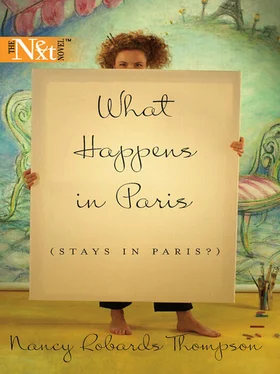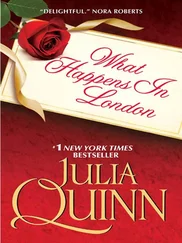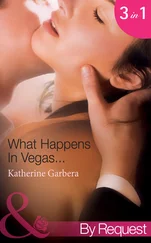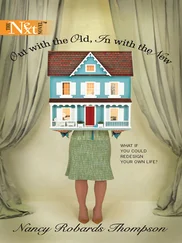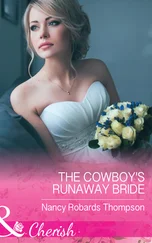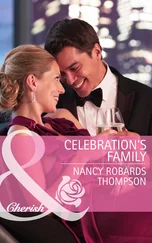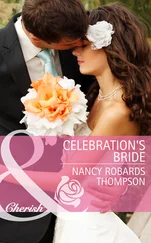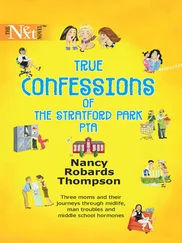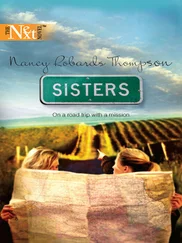I read that she painted fragments of things because they made a statement better than the entire object. She created an equivalent for what she felt about something…never copying it form for form. I borrowed the same philosophy in the dark, almost morbid lines of the orchid close-up. No harm in borrowing a style until I found my own.
“Thanks, Ri, that’s quite a compliment.” I pulled out a stool and sat down.
“I’m serious, Anna. These are really good.” She put the canvas back where she found it and picked up her purse again. “I have something else for you.”
I poured a little more bubbly into my cup. “The champagne and check were plenty.”
She nudged my hand with a slim packet of papers. “It’s an application. Here, take it.”
I did so, hesitantly, and set down the paper cup. “A job application? I have a job, Rita, and despite how I hate it, I’m not up for another major life change.”
“It’s not that kind of application. It’s for an artist residency in Paris. Is this not perfect?”
“I’m sure it’s perfect for someone, but I can’t go.”
She put her hands on her hips, and tapped the papers with her index finger’s deep-red acrylic nail. “Anna, this is Paris.”
She held it out again, and I took it.
Artist-In-Residence Fellowship—Call For
Applications.
The City of Paris, France, and the French Ministry of Foreign Affairs seek applications from foreign artists of any discipline who wish to participate in an artist-in-residence program. The winners will receive a monthly allowance and a three-month stay in a workshop/studio at the Delacroix International Exchange Centre, a former convent in the heart of Paris. At the end of the residency, one of the finalists will win a one-hundred-thousand-dollar purchase award given by the French government. The winner’s artwork will become part of the permanent collection of the Museum of American Exchange in Paris, France.
By the time I reached the bottom of the first page, I knew there was no reason to keep reading. I shook my head and tried to give the papers back to her. She wouldn’t take them.
“If you went to Paris, I could sell your paintings for you.”
“You just sold one without me going.”
“I know, but that was a lucky fit.”
My heart sank. “A lucky fit. Gee, thanks.”
“Come on, you know you’re good, but it’s the whole French-mystique thing. My clients would just eat it up. The artist just got back from Paris.”
“Oh, validation. That sucks. My going to Paris isn’t going to change the way I paint. You know what Gertrude Stein said about a rose is a rose is a rose….”
“Right, but everyone finds Parisian roses a hell of a lot more appealing than the varieties we grow here. Come on, Anna, what’s stopping you?”
Oh, let’s see…my job. The fact that I was forty-one and broke and if I gave up that job, at my age I may not find another. And don’t get me started on the huge ocean between the States and Europe and the foreign language I didn’t speak beyond bonjour and au revoir. Even if I attempted to utter those words, I was sure some surly Frenchman would toss me off the side of the Eiffel Tower for butchering his language.
“I can’t.”
“Give me one good reason that doesn’t have to do with your being afraid of something you’ve always wanted.”
I closed my eyes and tried to put into words the litany of good reasons I’d just ticked off in my head, but all that came out was, “If I go I’ll lose my studio space.” Ridiculous—even I had to admit it. The absurdity hung in the air between us like a bad smell. Rita regarded me with a confused grin, as if she was waiting for the punch line of my bad joke.
“You’ll forgo Paris to keep your rented studio?” She looked around, and I could see her considering her words before she spoke.
“Paris, Anna. And you could sell your work to the French government for tons of money. What’s not to love?”
When I didn’t answer, she sighed. “They’re choosing twelve artists. You have to apply. Cross the bridge about going once they offer you the residency.”
I set the application on the table, feeling faintly sick.
“Just think about it,” she said. “You don’t have to decide now.”
Working at Heartfield Retirement Communities was like living in a scene from George Orwell’s 1984. My boss, Jackie King—or the Jackal, as I called her—was always on red alert, watching and waiting for someone to screw up so she could sound the alarm and shine a great big spotlight. No wonder the day before I returned to my job as assistant director of marketing, I had a giant panic attack over what I’d face in the wake of Blake’s arrest.
Exactly sixteen days had passed since the story appeared in the paper. I knew I couldn’t hibernate indefinitely. The longer I put off plunging back into the real world, the harder it would be.
Cold hard reality dictated that since I was getting a divorce, I needed this job. Selling a painting had only lulled me into a false sense of security. Even if my attorney negotiated a decent settlement, I’d still need an income to support myself. Unfortunately, that meant that keeping my job had taken on new importance.
Talk about adding insult to injury.
Jackie King would almost smile if she knew how she had me under her thumb.
The Jackal rarely smiled.
Three of us made up the Heartfield Retirement Communities’ marketing and advertising department: Jackie, the director of marketing, a real piece of work who had no life beyond her job; her administrative-ass, Lolly Rhone, who fancied she ran the organization; and me, the marketing misfit.
The Dynamic Duo. And me.
I’d been blackballed from their club de deux for a holy trinity of sins: my refusal to give my life to Heartfield Retirement Communities; my refusal to kiss Jackie’s ass; and my blatant refusal to play their game.
I had nothing in common with Jackie, and she hated anyone who was different from her. She was a shop-at-WalMart-all-you-can-eat buffet-white-cake-bland kind of normal. Anyone too different, she mocked mercilessly (behind their backs, of course) for the term of her employment.
She cleansed her soul by going to church on Sundays and spending her vacations on mission trips to third-world countries where she built houses and shelters while her daughter stayed home with a sitter. Then she’d come back to work and treat anyone in her way like shit. But that was okay. She did church work.
She and Lolly were like two rotten peas in a pod. They traveled together, ate lunch together, socialized after hours. Jackie even baby-sat Lolly’s kids. Yes, the boss baby-sat the administrative-ass’s kids. In return, Lolly had her face so firmly buried in Jackie’s behind she couldn’t see their “closeness” bordered on incest.
We had our weekly department meetings—Jackie insisted the three of us have department meetings: one hour of hell consisting of a five-minute delegation of assignments for the week and fifty-five minutes of listening to Jackie’s harangue about how her boss, Ezekiel Bergdorf, had screwed up the previous week and how she could have done so much better. She wanted his job as vice president of operations so badly she nearly foamed at the mouth. I was willing to bet that over time she would systematically destroy him to get what she wanted.
Therein lay the irony. Jackie’s weekly rants left her wide open for me to cause her serious professional harm; it was as if she was playing career chicken, daring me to take her tirades to the brass. She knew I wouldn’t do it.
I didn’t rat on others (I’m sure in the catch-22 of her small mind she considered that a weakness) and I had no designs on her job.
Sad to admit, but I wasn’t ambitious when it came to Heartfield Retirement Communities. I did my job and did it well, but come five o’clock, I was gone. Contrast that with Jackie-the-martyr whose life revolved around the company. She was divorced, had a nanny for her daughter and spent more time on the road than at home. She couldn’t fathom why everyone didn’t sell their soul to the company.
Читать дальше
